Music Full of Soul
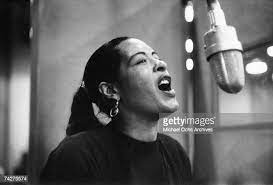
Billie’s song spoke about beauty and pain lived by African-Americans.
From the powerful yet soothing sound of Jazz played by Louis Armstrong to the sweet Blues of Sister Rosetta Tharpe, or the groovy Rock n Roll by Chuck Berry, to today’s rap and Hip-Hop from groups like N.W.A and rappers like Tupac. These are just a few examples of how far African-American music has come, evolved from their instruments to how they sing. However, one thing that has been consistent with African-American music is that it’s undoubtedly full of soul.
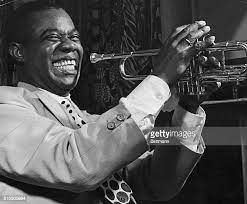
From the 1920s to the 60s, we heard genres like Jazz, Soul and Blues, performers like Louis Armstrong, James Brown, or Aretha Franklin, to name a few, all set a base for these genres, and through this, inspired many other singers and performers for many generations to come. During the 20s and 60s, many African-American performers came to the spotlight with that soulful Jazz and the sweet blues. It had all sorts of emotions, from wanting to dance, wanting to cry or laugh. Many African-Americans had gone vocal about the struggles they suffered as persons of color, with pieces like “Strange Fruit” by Billie Holiday with lyrics that described how inhumane lynchings were and how although something may look beautiful (as in the beauty of the South), it could also be hiding its true, inhumane-self.
We move on to the 70s and 80s, where Rock n Roll, Disco, Funk, and Pop took over most of the music scene. We got to see people like Jimi Hendrix in the late 60s play the guitar like no other. The guitar seemed almost to be part of his own body. He gave Rock yet another sound, adding inspiration from Blues and soulful lyrics. Groups like Earth, Wind & Fire gave us funky Disco songs that made us want to dance. During this time, African-American artists really expressed themselves, whether it be with their clothing, different genres of music, or the message they wanted to tell through their music. Gloria Gaynor, a singer from New Jersey, recorded “I Will Survive,” which eventually became number one on the Billboard Hot 100 in 1979. It was loved for the grooviness of the piece and the empowerment the lyrics brought. Singers like Micheal Jackson and Prince revolutionized Pop using synthesized music instead of purely instrument-based music. With this different way of creating music, we heard tracks like “Billie Jean” and “Beat It.”
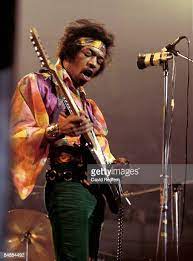
Towards the late 80s and 90s, Hip-Hop rap became more prominent, with groups like Public Enemy, Chuck D, and N.W.A on the music scene, raw lyrics of their daily lives were the main focus of the music, with a lot of them going into how unfair the justice system was with African-Americans and the overall race disparity during the time. Tracks like “Fight The Power” by Public Enemy gave empowerment to African-Americans, encouraging them to stand up for themselves and protest authority figures at the time. The group N.W.A created several songs that talked about racism between the authority and people of their color. They were one of the first groups to come out with this reality-rap that would later inspire other rappers such as Tupac, The Notorious B.I.G, Snoop Dogg, Nas, to name a few.
Artists like Kanye West, Kendrick Lamar, Jay Z, and Jay Cole were heavily inspired by rappers from the 80s-90s. Kanye West brings Jazz and blues samples that he changed to be slightly high pitched to hip-hop and rap; they were paired up with digital high hats and 808 beat synthesizers—giving the already classic hits a new sound and vibe. He’s also known to be one of the first artists to bring experimental takes on rap and being the first to explore autotune in his album “808s & Heartbreak”. Autotune and 808 bass lengths are now widely used throughout hip-hop, rap, and all types of music. Kendrick Lamar released “I,” a song about loving yourself. African-American performers are still vocal about racial-related issues that many still face today. Donald Glover, or (Childish Gambino), an actor/singer, made a song called “This Is America” in 2018 that takes aim at modern America, specifically when it came to ongoing racial tensions and the country’s gun policies. Whatever the message they’re trying to convey with the music, whether it be a message of empowerment, love, forgiveness, or peace, they always make sure they mean what they say and pour their emotion onto the music. African-American music has influenced so many artists throughout the years, both black and white, for the sole reason that music is all about genuine emotion and heart. It’s about expressing yourself through the message you send out and through the music you play. They make sure to fill the music with their soul.
Your donation will support the student journalists of Anaheim High School. Your contribution will allow us to purchase equipment and cover our annual website hosting costs.
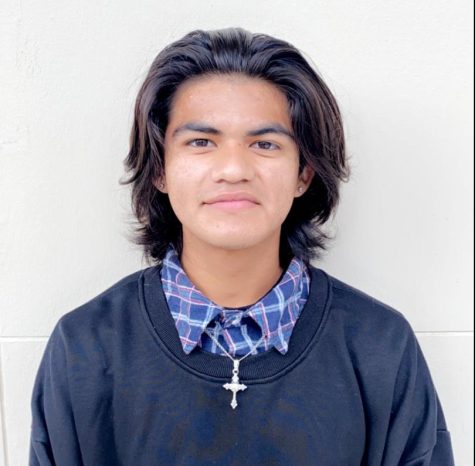
Kennay Martinez es un estudiante de Anaheim High School. Está en su último año de high school, y luego planea ir al colegio. Kennay ha vivido en Anaheim...

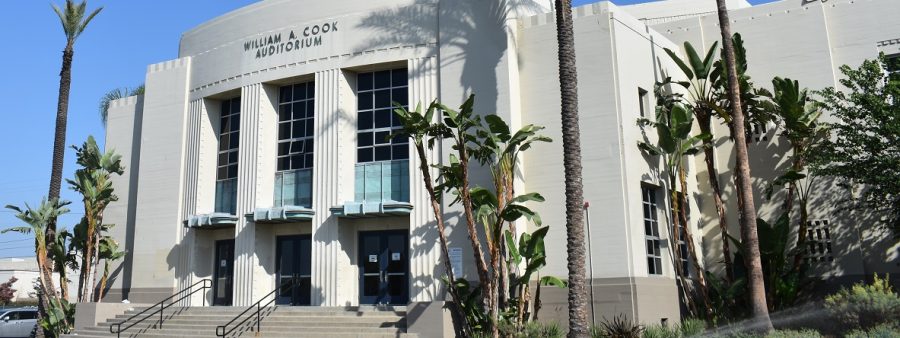
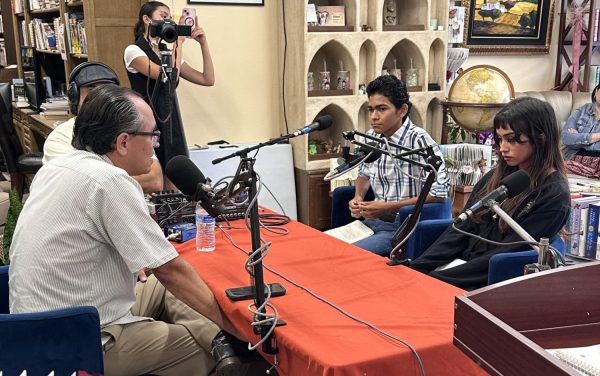
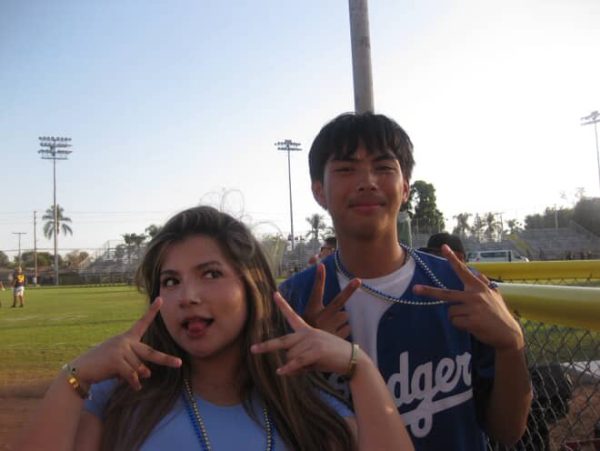
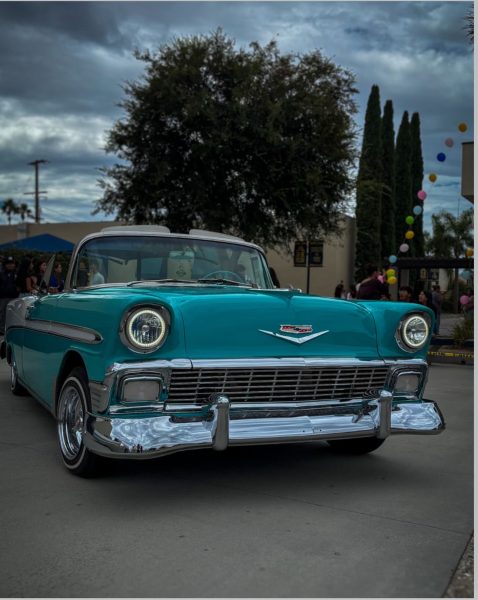
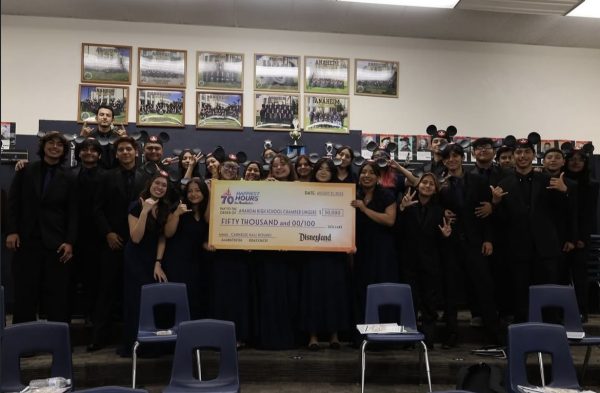

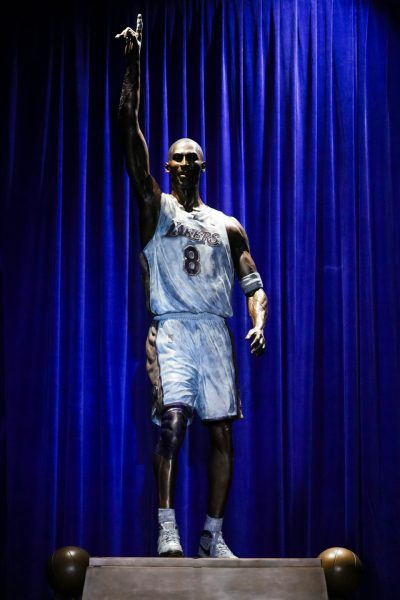
Jovani Olivares • Feb 18, 2022 at 8:47 am
I love this story